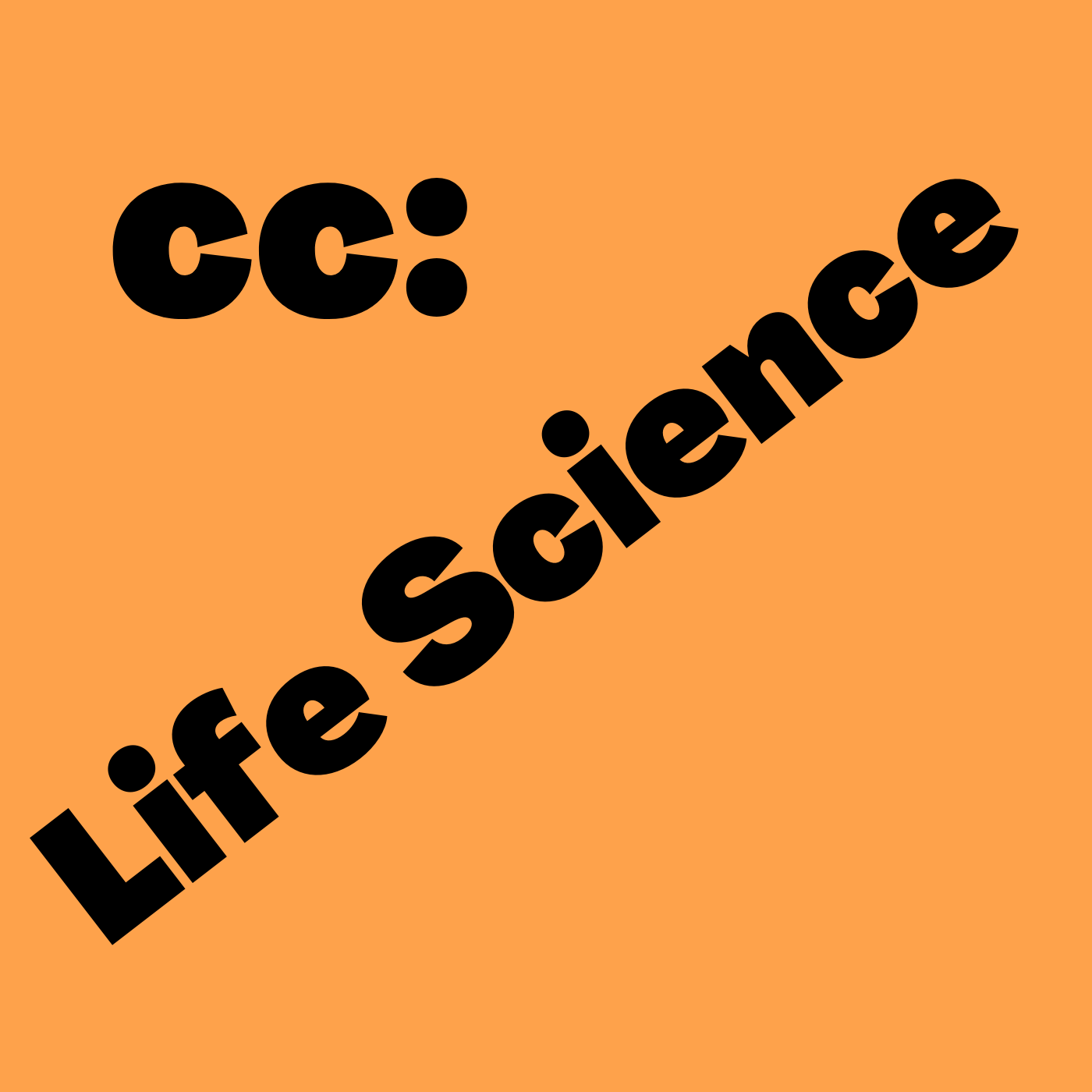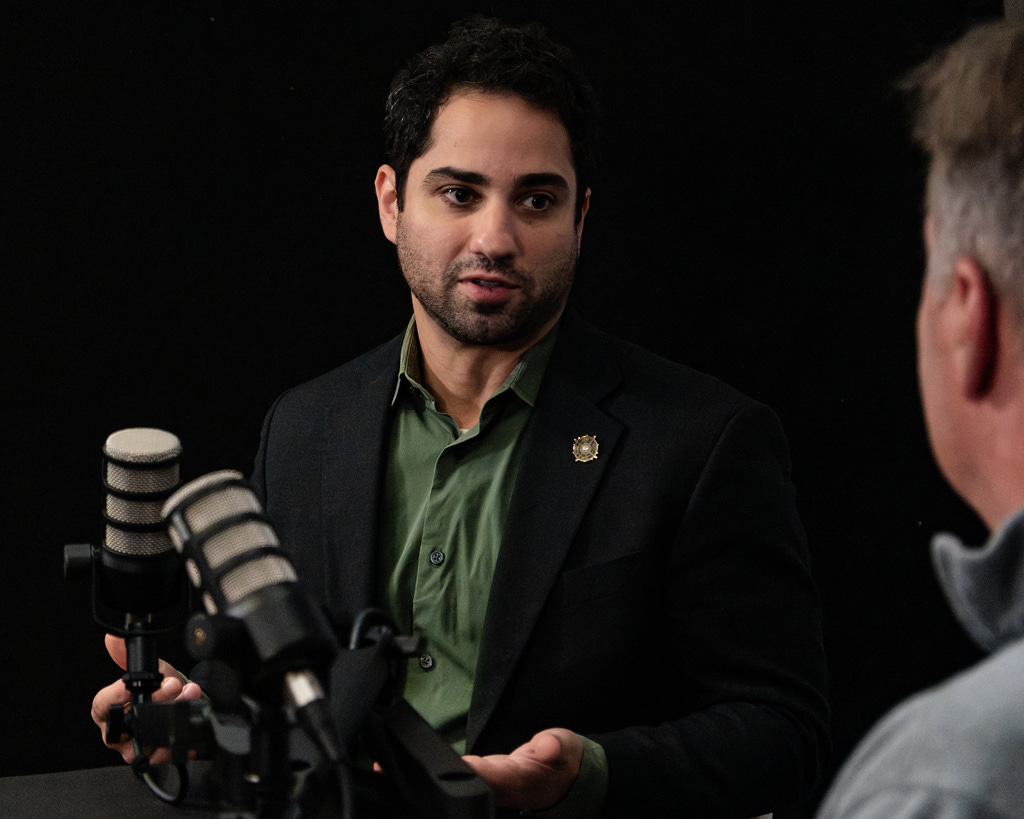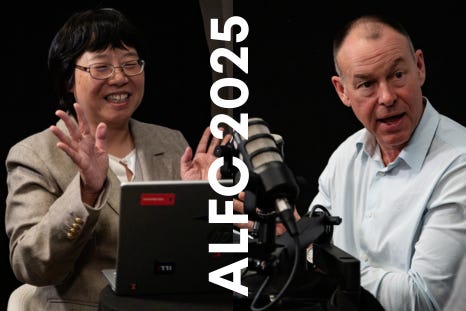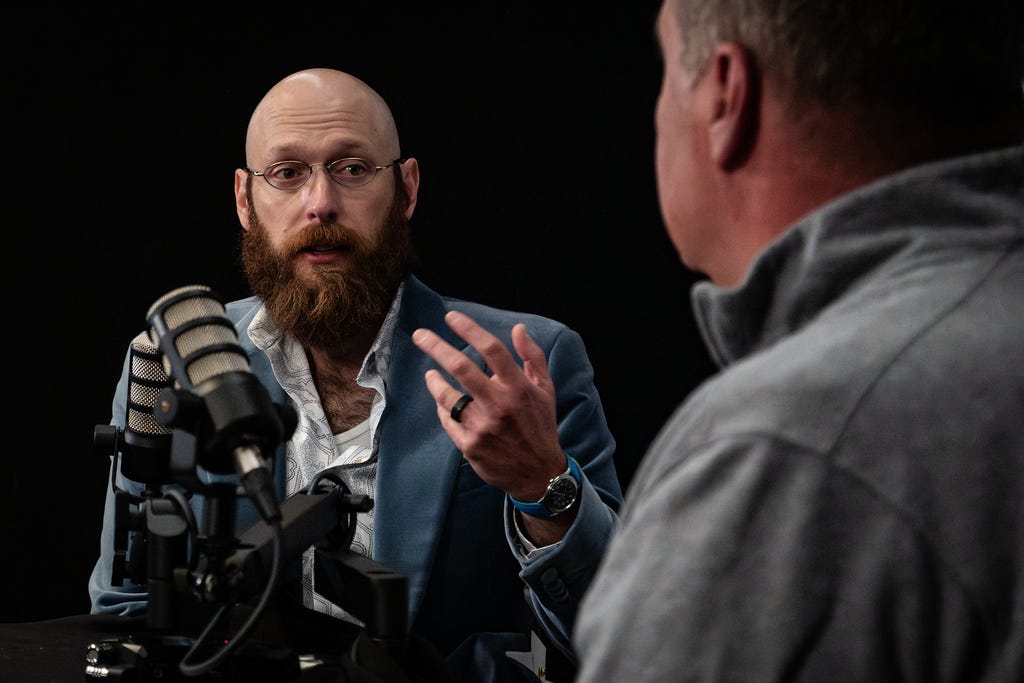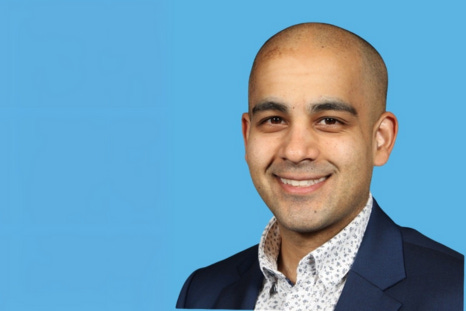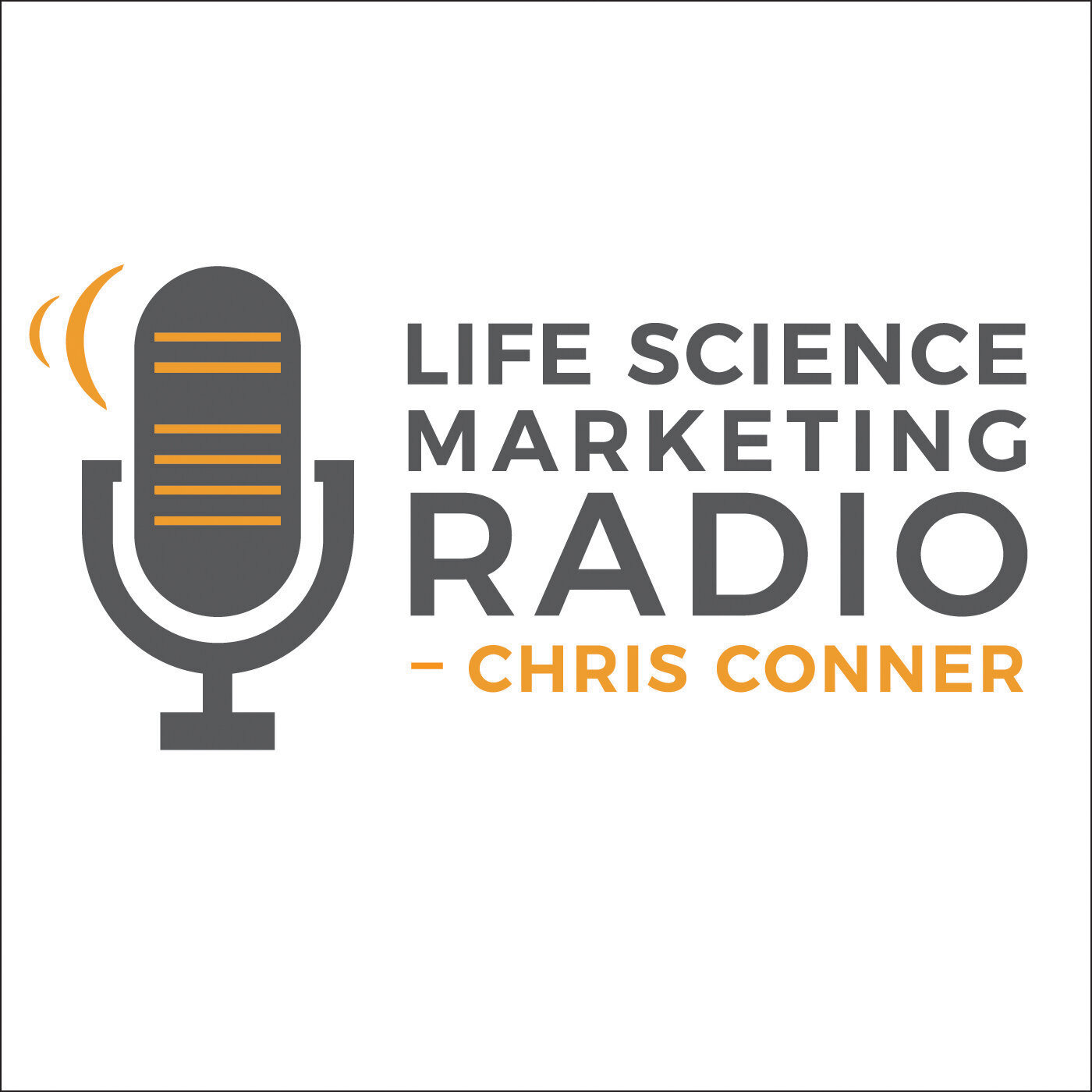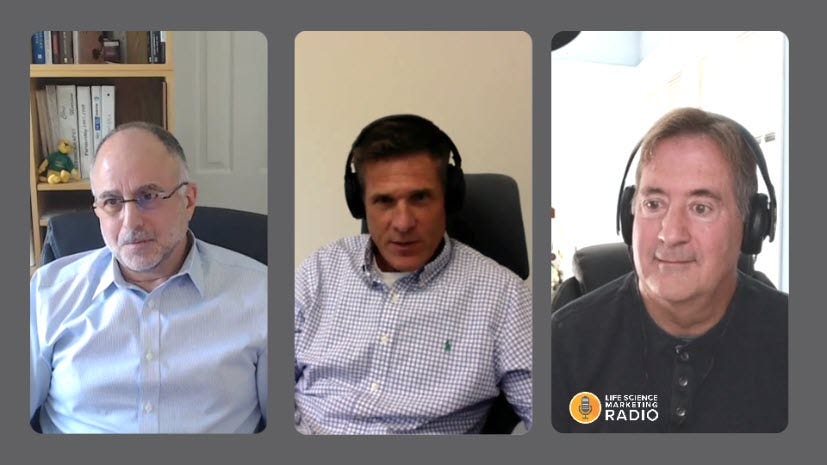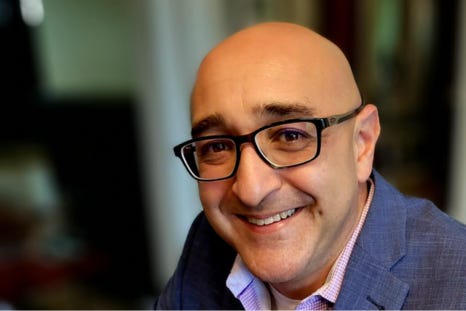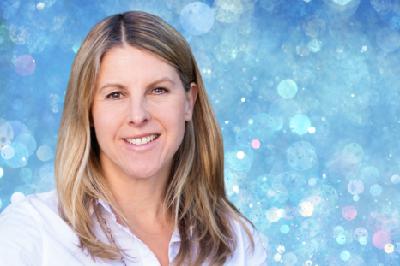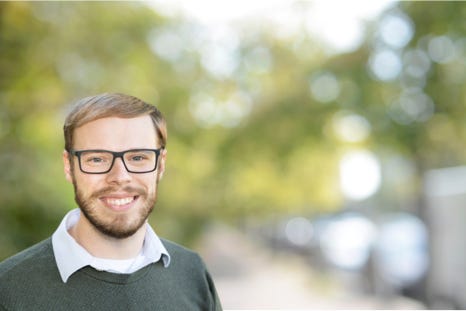The Future of Science Marketing: AI, Upskilling, and Human Connection
Description
The Future of Science Marketing: AI, Upskilling, and Human Connection
I recently had a conversation with Isabel Verniers, partner at the Marketing Technology and Innovation Institute (MTI2) in Belgium, about how life science companies are adapting to rapid technological change while maintaining their scientific rigor.
One of the interesting threads we explored was the tension between scientific and commercial mindsets. Scientists are trained to seek certainty and perfection before moving forward but in a fast-moving market, that perfectionist approach can become a liability.
Isabel explained that the key is helping R&D teams become comfortable with a different kind of rigor that embraces uncertainty through assumption testing and rapid iteration. It’s about applying scientific principles differently in a commercial context.
“The innovation story is that the R&D part and the commercial part need to nicely blend and avoid that it becomes this valley of death for innovations,” Isabelle noted. The goal isn’t to turn scientists into salespeople, but to help them expand their considerable expertise into market-facing activities.
This is where the concept of “minimum viable products” often creates friction. For engineers and scientists, anything “minimal” can feel uncomfortably imperfect. The solution is to focus on assumptions and validation. By mapping out which assumptions are truly critical (requiring extensive testing) versus those that can be validated quickly, R&D teams can maintain their rigor while operating at market speed.
We also explored how AI is reshaping market research through “synthetic personas” - AI-generated archetypes built from vast datasets that can help validate ideas earlier in the development process. While some companies eagerly embrace these tools, others remain skeptical. The divide often comes down to that same comfort level with uncertainty.
What fascinates me is how AI is becoming less a replacement for human insight and more an amplifier of it. As Isabel pointed out, tasks can be automated, but human skills like critical thinking, empathy, and pattern recognition are becoming more valuable, not less. She reframes these as “power skills” rather than soft skills.
The tools get more sophisticated, but the core challenge remains: How do we help brilliant technical minds connect with the market in ways that feel authentic to their training and values?
A few key takeaways for science marketers:
1. Build “commercial acumen” through small steps that respect scientific rigor while expanding comfort with market-facing activities
2. Use structured assumption mapping to help R&D teams engage earlier without feeling they’re compromising standards
3. Think of AI as augmentation rather than automation - it’s most powerful when amplifying human insight and creativity
4. Focus on developing “power skills” that machines can’t replicate - deep listening, empathy, critical thinking, and pattern recognition
5. Create regular “drumbeat” rhythms for market engagement rather than one-off initiatives
The conversation reminded me that while tools and technologies evolve rapidly, the fundamentals of human connection remain surprisingly constant. Our job as science marketers isn’t to strip away scientific rigor - it’s to help translate it into market impact through better storytelling and engagement.
As Isabel put it, “ It’s about smart validation. It’s not about quick and dirty.” That’s something I think all of us in life science marketing can rally around.
Let’s keep exploring how we can blend scientific precision with commercial adaptability. The companies that figure this out will be the ones that not only survive but thrive in bringing breakthrough innovations to market.
And check out Isabel’s book (along with Nuno Camacho): https://thetalentadvantage.org/
What’s your experience with this balance between scientific rigor and commercial agility? How are you using new tools like AI while maintaining the human element? I’d love to hear your thoughts in the comments.
This is a public episode. If you would like to discuss this with other subscribers or get access to bonus episodes, visit cclifescience.substack.com

